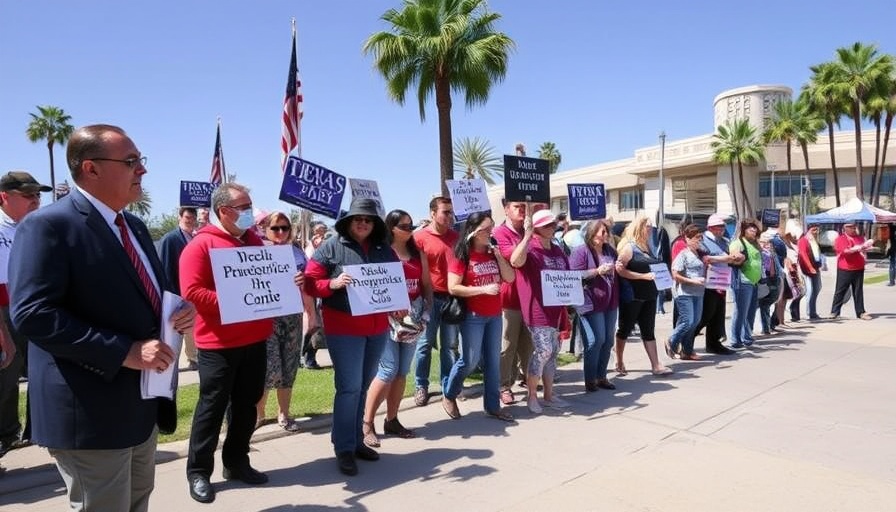
Dallas Police Continue to Struggle with Response Times
In a city that continues to battle escalating crime rates, the Dallas Police Department (DPD) is facing significant challenges regarding emergency response times, particularly in southern areas of the city. While recent data reveals a slight uptick in response speeds citywide, neighborhoods within South Central and Southeast Dallas are experiencing delays that are concerning for residents.
What's the Reality of Police Response Times?
According to a review conducted by NBC Investigates, police response times in July 2025 improved marginally compared to the previous year. However, the improvement is overshadowed by the reality that many southern Dallas residents wait significantly longer for help during urgent emergencies. For instance, major emergencies, classified as Priority 1 calls, in the city’s Southeast patrol division averaged a staggering 78 minutes during the first shift of July 22, a far cry from the targeted eight minutes. Such delays can have life-altering consequences.
Voices from the Community
Community members are understandably anxious regarding these response times. Pastor Todd Atkins of the Salem Institutional Baptist Church in the area expressed his concern, stating that lengthy waits for police assistance deter individuals from reaching out when they need help. This hesitance could lead to more dangerous situations, both for those directly involved and for the broader community. "We want to make sure that we build that trust with the community so that when we call, there is a quick response," Atkins emphasized, revealing a deep-rooted mistrust that could ultimately impact public safety.
A Ticket to Safety: Understanding the Factors Behind Delays
Police Chief Daniel Comeaux acknowledges the problem, insisting that response times of over an hour are unacceptable. With officers regularly overwhelmed by the volume of calls—one officer reportedly faced ten active calls upon starting a shift—the prioritization system within the police department comes into play. This prioritization means that responses aren't being met within an acceptable timeframe, especially for the communities that need it most.
What Can Residents Do?
In the face of these ongoing challenges, it's crucial for residents to be proactive. Engaging with local law enforcement and attending community meetings can help build relationships that foster mutual understanding. Residents can also advocate for increased resources for the police department, whether this means more officers on the streets or better training and support systems for existing personnel.
Future Directions
As Dallas continues to grow, ensuring the safety of its citizens should remain a top priority. With current technologies and practices evolving, there may be opportunities for innovative solutions to improve response times. Enhanced community-police relationships, combined with a citywide commitment to prioritizing public safety, could provide a framework for future improvements.
While there is a long road ahead, addressing these response time issues not only affects the efficiency of the police force but also the overall safety and well-being of Dallas citizens. In a time where trust can often be tenuous, reinforcing community ties may be the key to fostering a safer Dallas for everyone.
 Add Row
Add Row  Add
Add 




Write A Comment